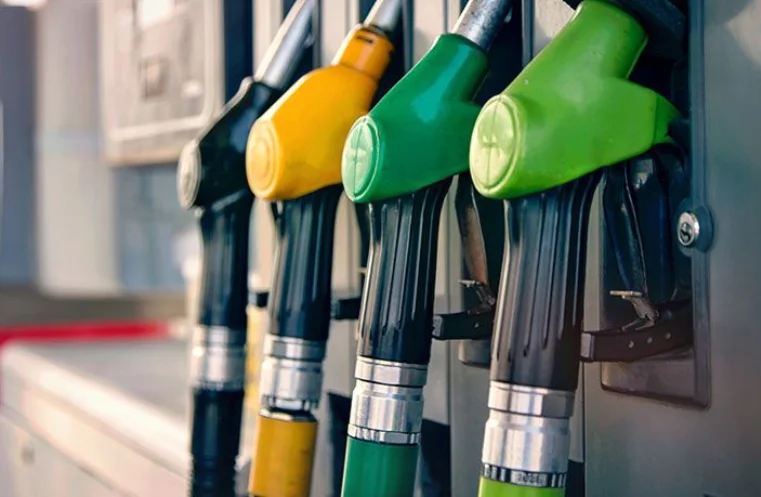Islamabad, Jan 31: In a move that could further strain the budgets of inflation-weary citizens, the Shehbaz Sharif-led government is reportedly planning to raise petrol and diesel prices starting February 1, 2025.
This decision comes as global crude oil prices continue to climb, putting pressure on domestic fuel costs and sparking concerns about the economic impact on everyday consumers.
According to industry insiders, petrol prices are expected to rise by Rs3 per litre, while high-speed diesel (HSD) could see a sharper increase of Rs6 per litre.
These adjustments are part of the government’s fortnightly review of fuel prices, which takes into account fluctuations in international oil markets and currency exchange rates.
The Oil and Gas Regulatory Authority (Ogra) is set to submit a detailed summary to the relevant ministry, outlining the proposed changes based on current economic conditions.
Read More:
Bank Makramah Secures Court Approval to Recover Rs. 10 Billion in Bad Loans
Prime Minister Shehbaz Sharif and Finance Minister Muhammad Aurangzeb will make the final decision after consultations.
An official announcement will come on January 31, giving the public time to prepare for price hikes.
This follows a recent fuel price increase. Petrol rose by Rs3.47 per litre, and HSD by Rs2.61, bringing their rates to Rs256.13 and Rs260.95 per litre, respectively.
Geopolitical tensions, supply chain disruptions, and higher demand due to the pandemic recovery have driven global crude oil prices up.
For Pakistan, which relies heavily on imported oil, these factors have created a challenging environment for maintaining stable fuel prices.
The government faces the dual challenge of managing inflationary pressures while ensuring that the energy sector remains financially viable.
For consumers, the upcoming price hike is yet another blow to their already stretched finances. Rising fuel costs have a cascading effect on the economy, leading to higher transportation fares, increased prices of essential goods, and elevated production costs for businesses.
This, in turn, exacerbates inflation and reduces purchasing power, particularly for low- and middle-income households.
As the government prepares to implement these changes, it is also under pressure to explore long-term solutions to mitigate the impact of volatile global oil markets. Potential measures include investing in alternative energy sources, improving energy efficiency, and reducing reliance on imported fuels. However, such initiatives require time and significant investment, leaving citizens to bear the brunt of rising costs in the short term.
In conclusion, the anticipated increase in petrol and diesel prices underscores the ongoing challenges faced by Pakistan’s economy and its citizens.
The government aims to balance fiscal responsibilities with public welfare. The immediate impact of these hikes will affect all sectors, emphasizing the need for sustainable economic policies and energy reforms.
